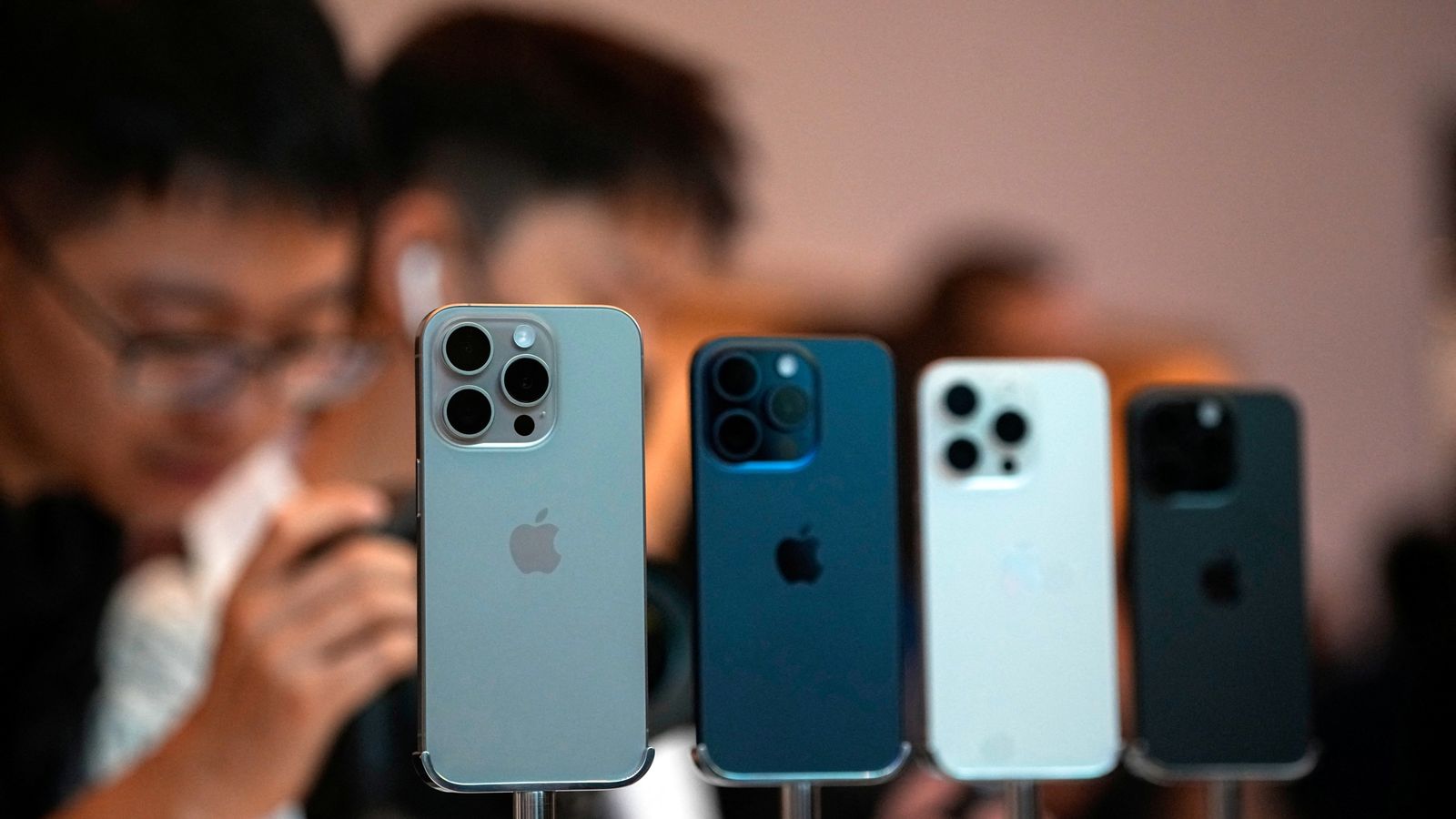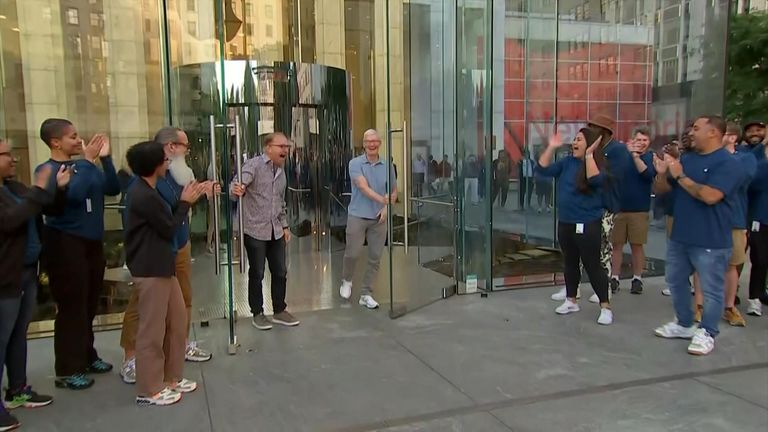Apple is blaming a software bug and issues tied to apps like Instagram and Uber for causing its recently released iPhone 15 models to get too hot.
The company said over the weekend that it is working on an update to the iOS17 system that powers the iPhone 15 line-up to prevent the devices from becoming uncomfortably hot and is working with apps that are running in ways “causing them to overload the system”.
Instagram, owned by Meta Platforms, modified its social media app earlier this week to prevent it from heating up the device on the latest iPhone operating system.
Uber and other apps such as the video game Asphalt 9 are still in the process of rolling out their updates, Apple said.
The firm did not specify a timeline for when its own software fix would be released but said no safety issues should prevent iPhone 15 owners from using their devices while they wait for the update.
“We have identified a few conditions which can cause iPhone to run warmer than expected,” Apple said in a short statement after reports of overheating complaints appearing on online message boards.
It’s not unusual for iPhones to get uncomfortably hot during the first few days of use or when they are being restored with backup information stored in the cloud – issues that Apple already flags for users.
Read more:
Everything you need to know about iOS 17
Apple’s latest is a great device
The devices also can get hot when using apps such as video games and augmented reality technology that require a lot of processing power, but the heating issues with the iPhone 15 models have gone beyond those typical situations.
Apple emphasised that the trouble isn’t related to the titanium casing that houses the new models instead of the stainless steel used on older smartphones.
Apple also dismissed speculation that the overheating problem might be tied to a shift from its own Lightning charging cable to the USB-C port, a change it made to comply with EU regulations.

